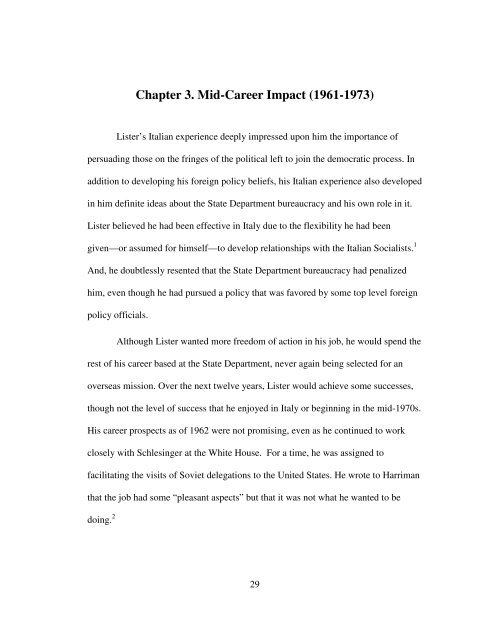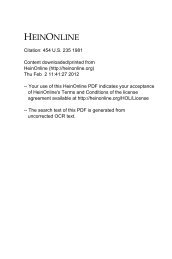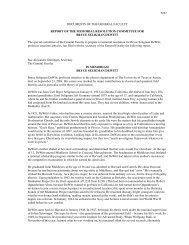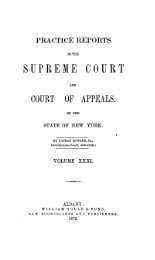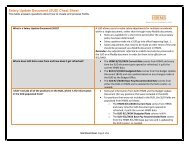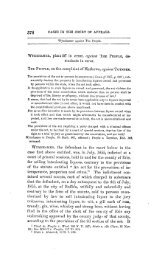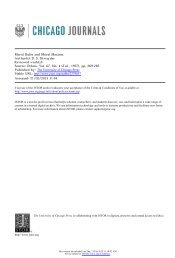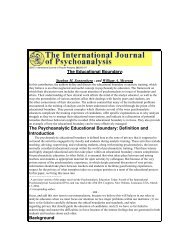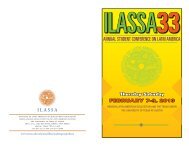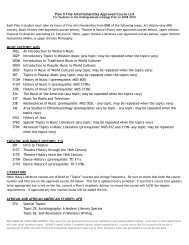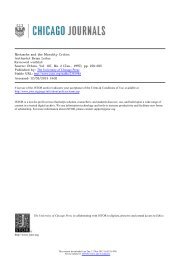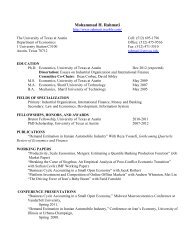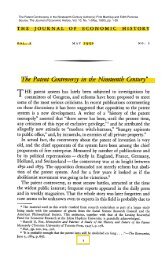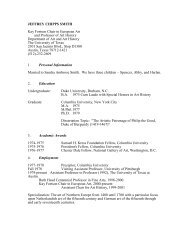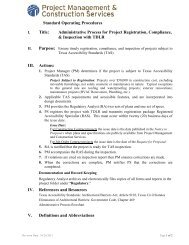Copyright by Gregory Krauss 2007 - The University of Texas at Austin
Copyright by Gregory Krauss 2007 - The University of Texas at Austin
Copyright by Gregory Krauss 2007 - The University of Texas at Austin
You also want an ePaper? Increase the reach of your titles
YUMPU automatically turns print PDFs into web optimized ePapers that Google loves.
Chapter 3. Mid-Career Impact (1961-1973)<br />
Lister’s Italian experience deeply impressed upon him the importance <strong>of</strong><br />
persuading those on the fringes <strong>of</strong> the political left to join the democr<strong>at</strong>ic process. In<br />
addition to developing his foreign policy beliefs, his Italian experience also developed<br />
in him definite ideas about the St<strong>at</strong>e Department bureaucracy and his own role in it.<br />
Lister believed he had been effective in Italy due to the flexibility he had been<br />
given—or assumed for himself—to develop rel<strong>at</strong>ionships with the Italian Socialists. 1<br />
And, he doubtlessly resented th<strong>at</strong> the St<strong>at</strong>e Department bureaucracy had penalized<br />
him, even though he had pursued a policy th<strong>at</strong> was favored <strong>by</strong> some top level foreign<br />
policy <strong>of</strong>ficials.<br />
Although Lister wanted more freedom <strong>of</strong> action in his job, he would spend the<br />
rest <strong>of</strong> his career based <strong>at</strong> the St<strong>at</strong>e Department, never again being selected for an<br />
overseas mission. Over the next twelve years, Lister would achieve some successes,<br />
though not the level <strong>of</strong> success th<strong>at</strong> he enjoyed in Italy or beginning in the mid-1970s.<br />
His career prospects as <strong>of</strong> 1962 were not promising, even as he continued to work<br />
closely with Schlesinger <strong>at</strong> the White House. For a time, he was assigned to<br />
facilit<strong>at</strong>ing the visits <strong>of</strong> Soviet deleg<strong>at</strong>ions to the United St<strong>at</strong>es. He wrote to Harriman<br />
th<strong>at</strong> the job had some “pleasant aspects” but th<strong>at</strong> it was not wh<strong>at</strong> he wanted to be<br />
doing. 2<br />
29


